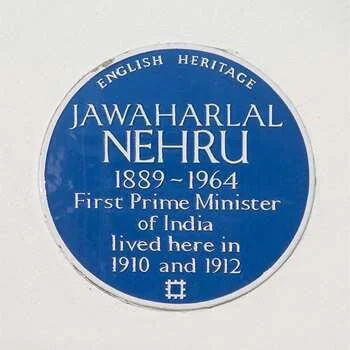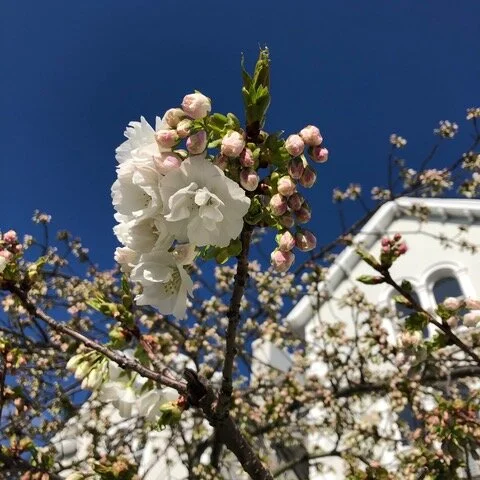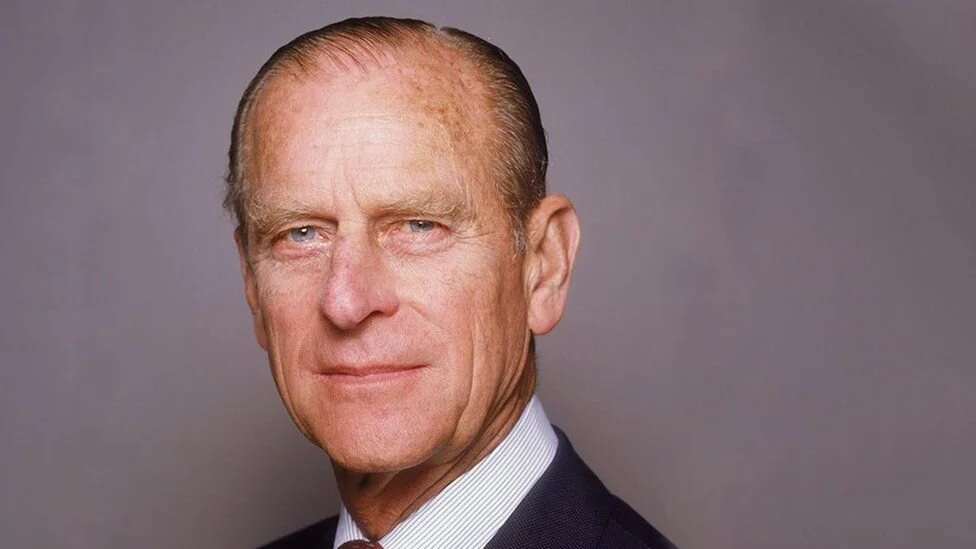Nehru
Jawaharlal Nehru lived for some of his time in London in the Norland ward.
A blue plaque in Elgin Crescent commemorates this extraordinary man whose mentor was Mahatma Ghandi. Both men were committed to freeing India from British imperial rule through non-violence. Their amazing vision for transition to self rule and Indian identity through peaceful means would shape the path for many other countries and achieve peaceful independence from Britain.
Nehru came to the UK to study. He was a graduate of Trinity College, Cambridge and a member of the Inner Temple, where he trained to become a barrister. On returning to India he became an integral part of the Congress Party and in 1929 he was elected Party President.
India’s struggle for independence through non aggression would eventually be a key template which would be adopted by many countries. The movement would redraw the modern world map of nation states that we know today.
When India became independent in 1947 Nehru would subsequently become the first Prime Minister of India and would serve in that role from Independence until his death in 1964. Nehru had wanted complete independence from the British Raj and immediate handover. Notwithstanding the wish that it would be a peaceful transition, the turbulent road to Independence would eventually see one million killed and another 10 million displaced and the country partitioned.
Independence at the time was overseen by the then Viceroy of India, The Earl Mountbatten of Burma, uncle of Prince Philip, Duke of Edinburgh. Post independence Mountbatten would stay on as Governor General.
Nehru is not the only revered activist Norlanders celebrate. Emmeline Pankhurst who is regarded as one of the 100 Most Important People of the 20th Century (Time magazine) was a leading light in the suffragette movement. She too is venerated by a blue plaque in Clarendon Road a street away from Jawaharal Nehru. She faced persecution, legal battles and was condemned by the Establishment as she fought for women to have the right to vote. She too changed the course of the social and political world.
Nehru and Pankhurst were courageous. Their strength of purpose and commitment to ‘right’ glows brightly through the annals of modern day British history. Though they are world legends, here in the quiet streets and serene gardens of Norland, we like to think that their spirits now roam free and calm as they ponder and remind gazers of their extraordinary legacy.
English Heritage’s blue plaque to Emmeline Pankhurst in Norland ward.






